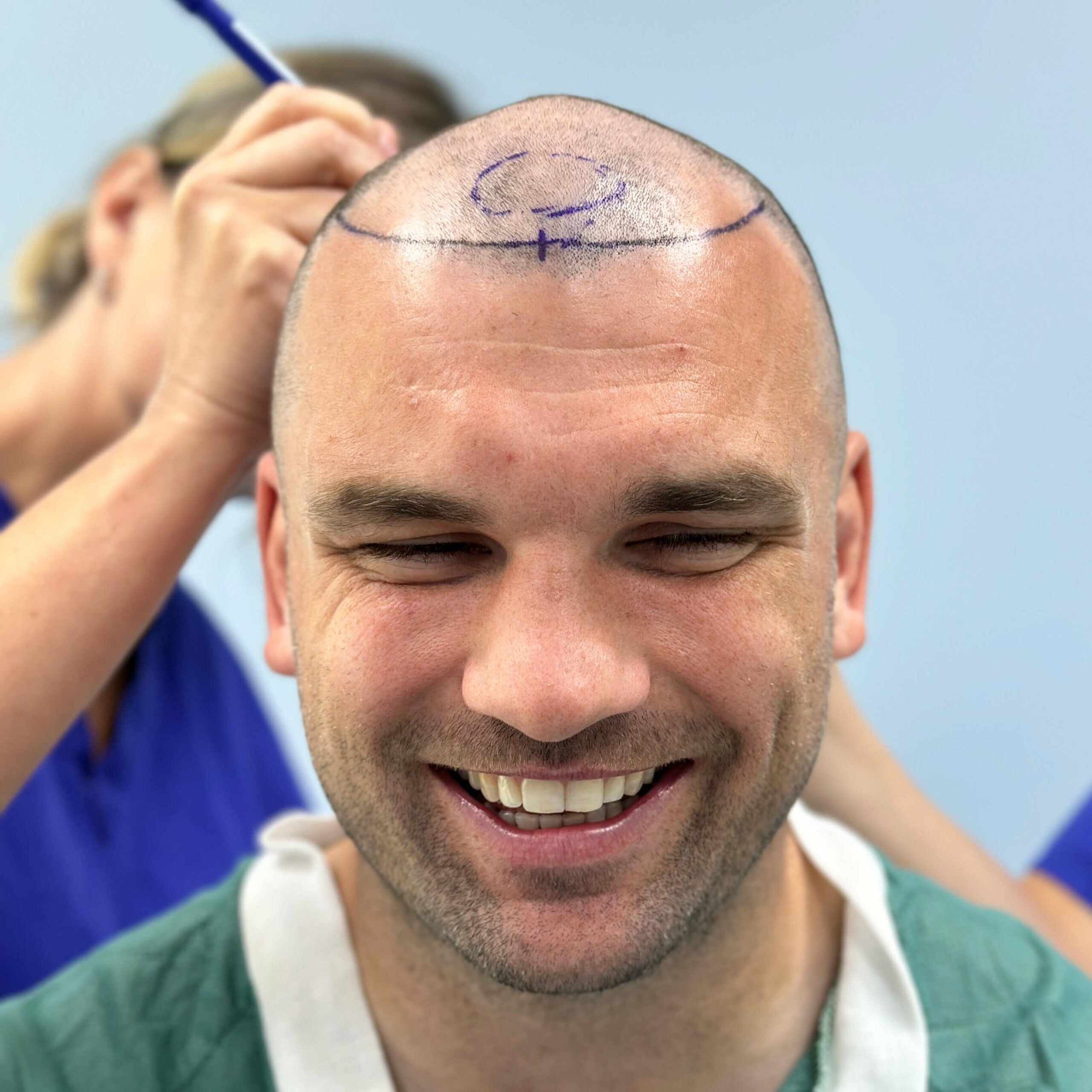Hair transplant is a highly effective solution for hair loss, helping individuals restore their hairline and confidence. However, not everyone is an ideal candidate for this procedure. A successful transplant depends on factors like donor hair availability, overall health, and the type of hair loss experienced. Ineligible candidates may not achieve the desired results, making it crucial to assess suitability before undergoing the procedure. If you’re considering Hair Transplant in Dubai, understanding whether you qualify is the first step toward achieving natural-looking results.
Key Factors That Make Someone a Poor Candidate for Hair Transplant
Insufficient Donor Hair Supply
✅ The success of a hair transplant depends on the availability of healthy donor hair, typically taken from the back or sides of the scalp. If the donor area lacks sufficient density, the procedure may not be effective.
Advanced Stage of Hair Loss
✅ Individuals with extensive baldness and minimal donor hair may not see significant improvement. Hair transplants work best for those with moderate hair loss.

Unstable Hair Loss (Progressive Baldness)
✅ If hair loss is still progressing, transplanting hair to thinning areas may lead to an uneven appearance over time. Patients should first stabilize their hair loss with treatments like medications.
Medical Conditions Affecting Hair Growth
✅ Certain medical conditions, such as alopecia areata, lupus, or scalp infections, can make hair transplants ineffective. These conditions can cause unpredictable hair loss even after the procedure.
Poor Scalp Elasticity
✅ Scalp laxity plays a role in extracting donor hair. If the scalp is too tight or too loose, it can make harvesting and implantation challenging.
Unrealistic Expectations
✅ Hair transplants improve hair density but do not create a completely full head of hair. Candidates expecting instant, dramatic changes might be dissatisfied with their results.
Young Age (Below 25 Years Old)
✅ Hair loss patterns may not be fully developed in younger individuals. Performing a transplant too early can lead to unnatural results as hair loss progresses.
Scarring Scalp Conditions
✅ Conditions like keloid scarring can cause excessive scarring after surgery, affecting the appearance and success of the transplant.
Blood and Autoimmune Disorders
✅ People with conditions like hemophilia or those taking blood thinners may face complications with healing, increasing the risk of excessive bleeding or poor graft survival.
10. Poor Lifestyle Choices
✅ Heavy smoking, excessive alcohol consumption, and poor nutrition can negatively impact the healing process and overall transplant success.
Alternative Solutions for Poor Candidates
If a hair transplant is not a viable option, there are alternative treatments to consider:
- Medications – FDA-approved drugs like Minoxidil and Finasteride can help slow hair loss and promote regrowth.
- PRP Therapy – Platelet-rich plasma injections stimulate hair follicles and improve hair density.
- Scalp Micropigmentation – A non-invasive technique that creates the appearance of a shaved head or denser hair.
- Wigs and Hair Systems – High-quality wigs offer a natural look without surgery.
Final Thoughts
A hair transplant is a life-changing procedure, but it is not suitable for everyone. Consulting with a qualified specialist is essential to determine eligibility and explore alternative treatments. If you’re considering a Hair Transplant in Dubai, make sure to assess your candidacy and choose the best solution for your hair restoration journey.

